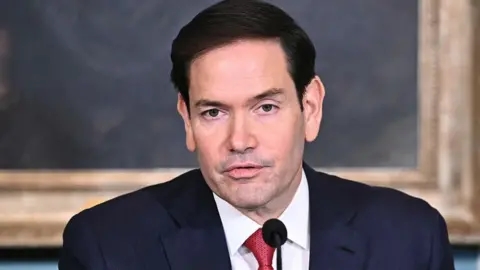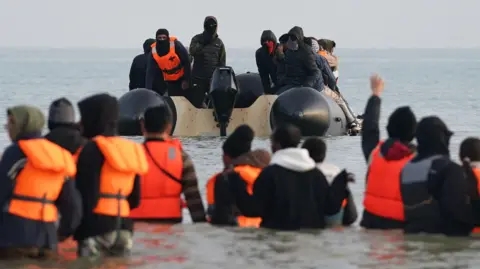The U.S. government has announced it will deny entry visas to officials from the Palestinian Authority (PA) and the Palestine Liberation Organization (PLO), escalating tensions amid growing international support for Palestinian statehood.
The decision, confirmed by the State Department, follows recent diplomatic efforts at the United Nations, where several nations pledged to recognize an independent Palestinian state. The U.S. has criticized these moves, accusing Palestinian leadership of undermining peace efforts by pursuing legal action against Israel through international courts and allegedly supporting militant activities.
Washington claims the PA and PLO have engaged in “incitement to violence” and provided financial support to individuals involved in attacks. Palestinian officials, however, reject these allegations, arguing that payments to prisoners and their families are humanitarian aid, not rewards for violence.
The visa restrictions come as the U.S. finds itself increasingly isolated on the global stage regarding its stance on the Israeli-Palestinian conflict. A recent U.N. conference saw key allies, including France and the U.K., commit to recognizing Palestinian sovereignty—a move the U.S. strongly opposes.
Palestinian leaders condemned the sanctions as punitive, accusing Washington of shielding Israel from accountability while punishing Palestinians for seeking self-determination. Meanwhile, Israeli officials praised the decision, framing it as a justified response to what they call Palestinian “support for terrorism.”
The visa ban adds another layer to the strained U.S.-Palestinian relationship, though its practical impact may be limited, as PA and PLO officials already face significant hurdles in obtaining U.S. travel permits. The move signals a hardening U.S. position as diplomatic divisions over the conflict deepen.
The broader implications remain uncertain, particularly for Palestinian diplomats at the U.N., some of whom hold U.S. citizenship. With peace efforts at a standstill, the latest sanctions risk further complicating an already volatile situation.









